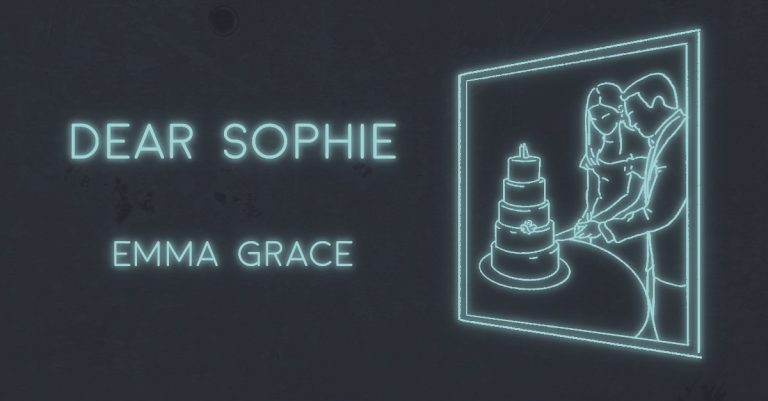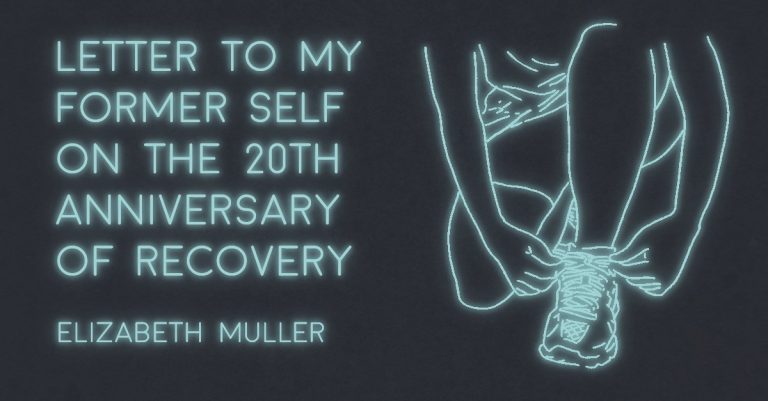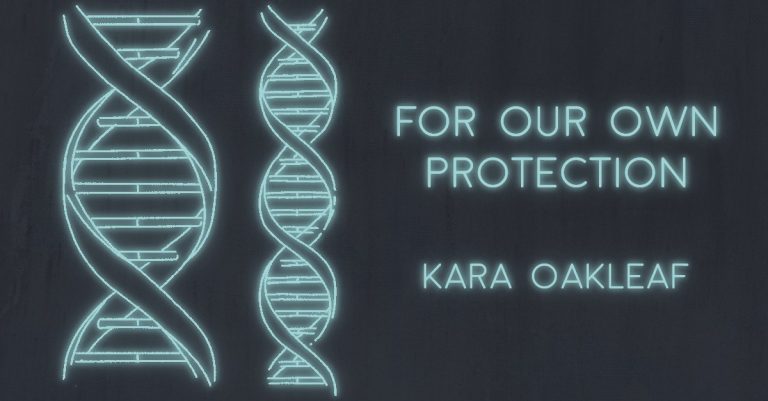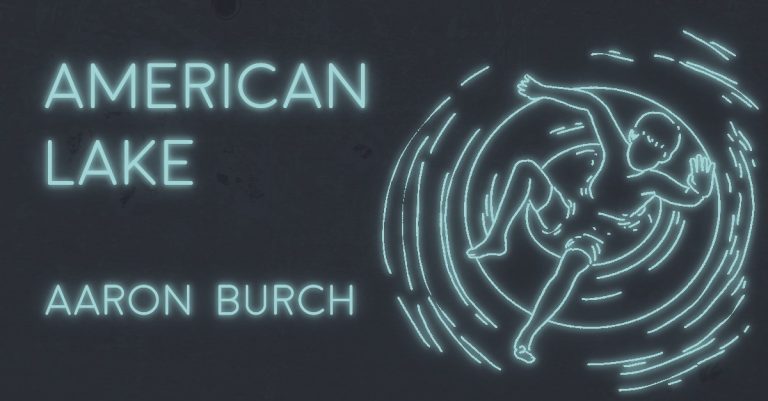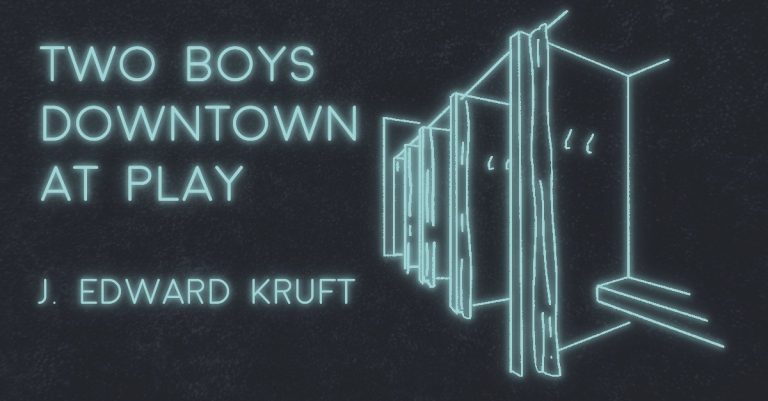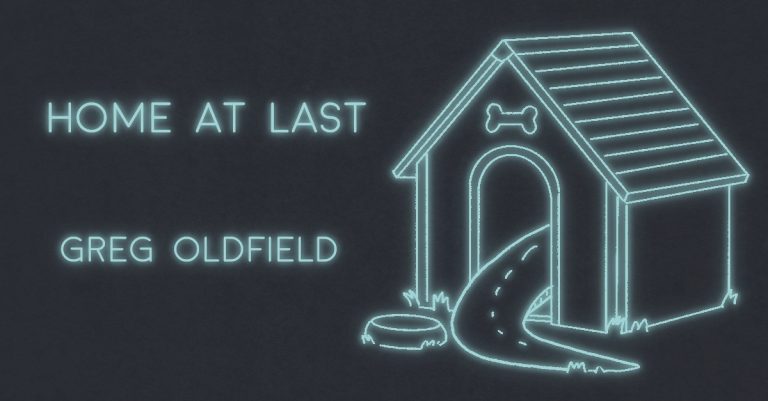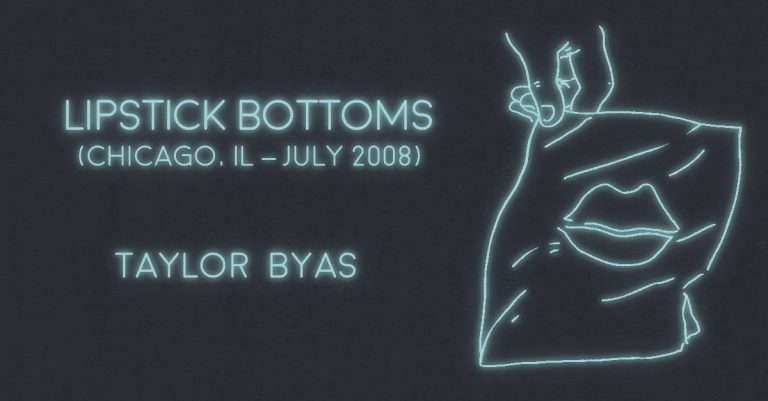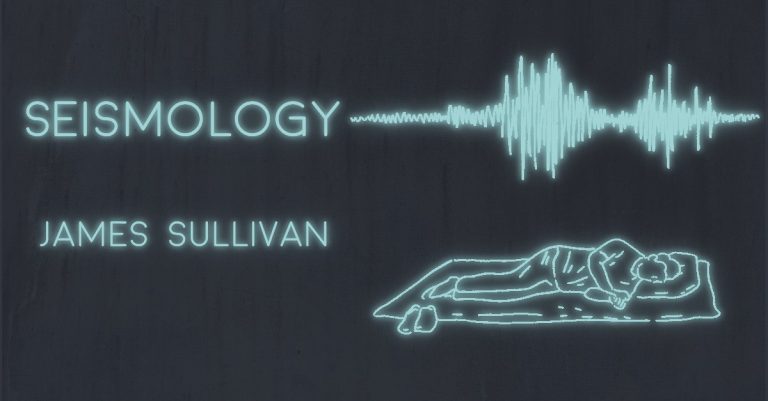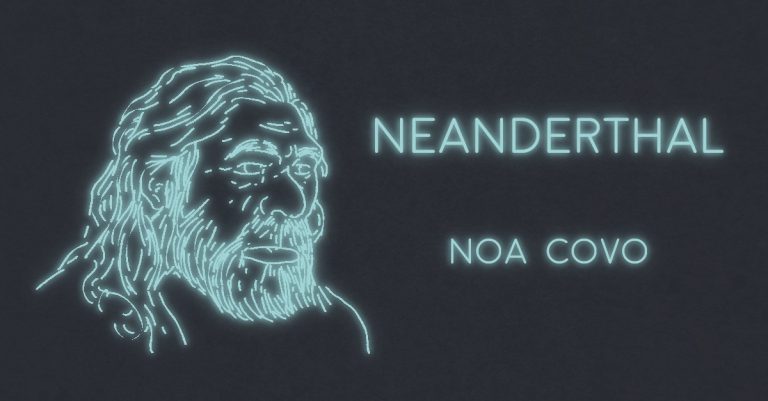
NEANDERTHAL by Noa Covo
Two months after we get married, my husband tells me he is the last Neanderthal on Earth. We are nestled together on the couch when he says it, and I can tell he is serious. I do not laugh. I ask him how long he’s known. He says he first found out when he was a teenager. An archaeologist came to his school, as part of an attempt to encourage rural Americans to get into science. After the assembly, my husband was called to the principal’s office. I imagine my husband on his way to the office, his shoulders hunched

